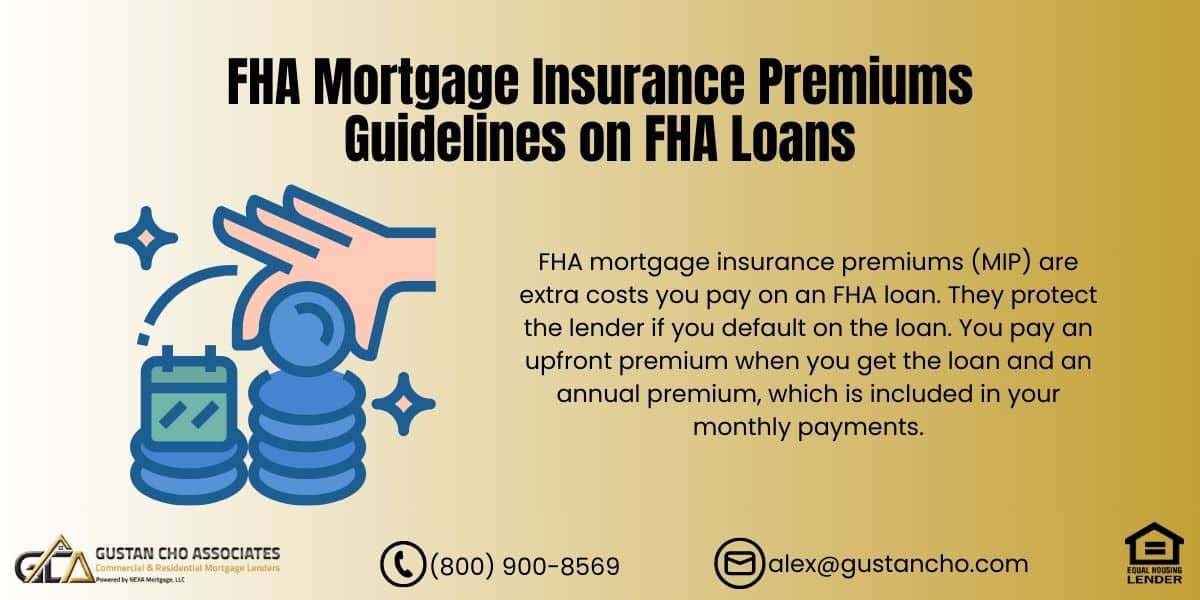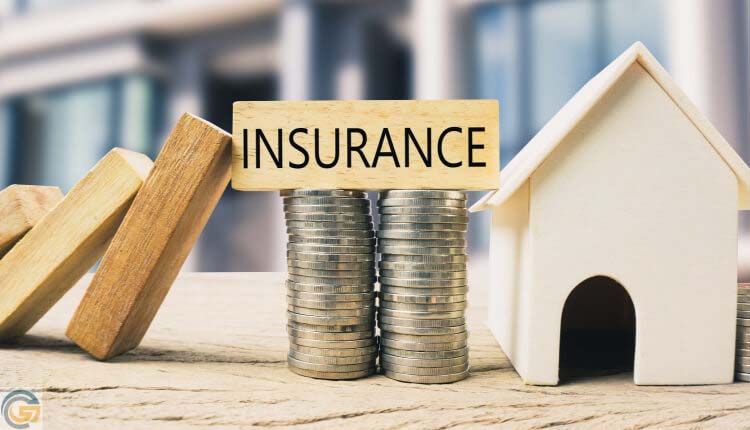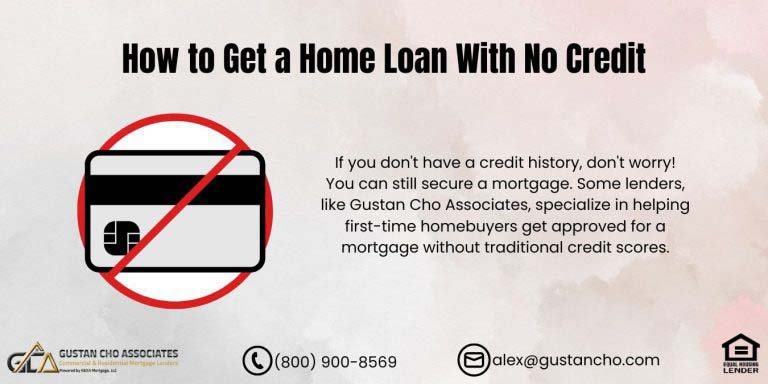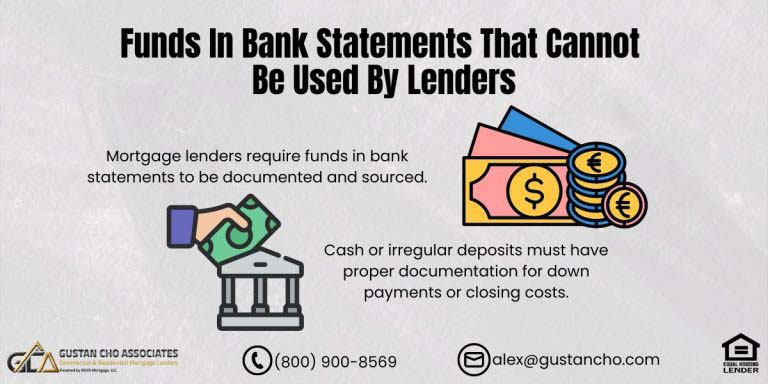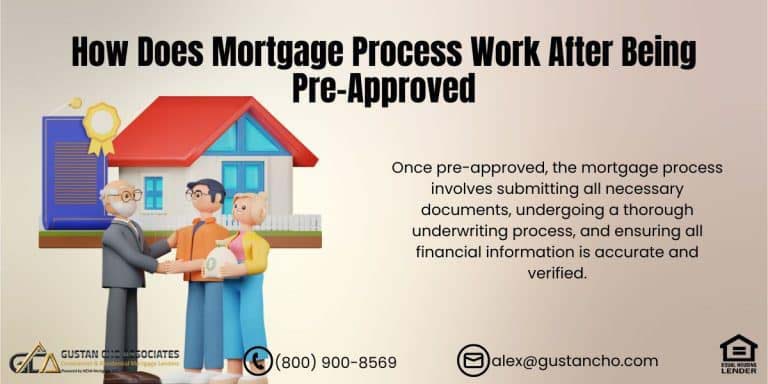Breaking News: Lower FHA Mortgage Insurance Premiums in 2024—What It Means for Your Mortgage
Are you thinking about buying a home or refinancing your current mortgage? If so, you’ve likely heard about FHA loans. These loans are popular because they allow lower down payments, making it easier for first-time buyers to own a home.
But there’s one catch—FHA mortgage insurance premiums (MIP). Understanding these premiums is key to making the right mortgage decision.
In this updated guide, we’ll explain everything you need about FHA mortgage insurance premiums in 2024. We’ll cover how they work, the recent changes, and how they impact your mortgage payments. Whether buying your first home or refinancing, this guide will help you confidently navigate the FHA mortgage insurance landscape.
What Are FHA Mortgage Insurance Premiums?
When talking about FHA mortgage insurance premiums, think of it as a safety net. If you’re getting an FHA loan, you need this insurance. It’s like a promise to the bank that says, “Don’t worry, if I can’t pay back my loan, this insurance will help cover it.” So, banks feel more comfortable giving loans to folks who might not have a lot of money for a down payment or don’t have the highest credit score.
But, like most things in life, this safety net isn’t free. You’ve got two types of costs with FHA mortgage insurance premiums. First, you pay a bit upfront when you get the loan—the upfront mortgage insurance premium (UFMIP). Then, you pay a bit more every year, like a yearly subscription fee, and that’s your annual mortgage insurance premium (MIP). So, when you hear FHA mortgage insurance premiums, remember it’s something extra you pay to get a loan that’s got a safety net for the bank.
Wondering About FHA Mortgage Insurance Premiums? Let Us Help You Understand the Guidelines!
Contact us today to learn how MIP works and how it affects your FHA loan approval process.
Key Changes to FHA Mortgage Insurance Premiums for 2024
In 2024, the Department of Housing and Urban Development (HUD) oversees the FHA and introduced a significant change to FHA mortgage insurance premiums. The annual MIP has been reduced from 0.85% to 0.55% for most borrowers. This reduction in interest rates could save you a lot of money throughout your loan.
Let’s dive into how these premiums work and what this change means for you.
Upfront FHA Mortgage Insurance Premium (UFMIP)
When you close an FHA loan, you’ll pay an upfront mortgage insurance premium (UFMIP). For 2024, this amount remains at 1.75% of the loan amount. While this might seem like a lot, you don’t need to pay it out of pocket. The UFMIP is typically added to your loan balance, which means you’ll be paying interest on it over the life of your loan.
Example: If you’re borrowing $200,000, your UFMIP would be $3,500. This amount gets rolled into your loan, making your total loan balance $203,500.
Annual FHA Mortgage Insurance Premium (MIP)
In addition to the upfront premium, you’ll also pay an annual mortgage insurance premium (MIP). Your monthly mortgage payment includes a portion of the annual MIP. Your monthly pay depends on your loan amount, loan term, and loan-to-value (LTV) ratio.
2024 Update: The annual MIP rate has been reduced from 0.85% to 0.55%. This change makes FHA loans even more affordable and could save you a significant amount each month.
Example: Let’s say you have a $200,000 loan with a 30-year term and a 3.5% down payment. Under the old 0.85% rate, your annual MIP would have been $1,700, or about $142 monthly. With the new 0.55% rate, your annual MIP drops to $1,100, or about $92 per month—a savings of $50 per month!
How Long Do You Have to Pay FHA Mortgage Insurance Premiums?
One of the most common questions borrowers ask is how long they must pay FHA mortgage insurance premiums. The answer depends on your loan term and your down payment.
- 30-Year Loan Term: If your down payment is less than 10%, you’ll pay the annual MIP for the life of the loan. If your down payment is 10% or more, you’ll pay the MIP for 11 years.
- 15-Year Loan Term: If your down payment is less than 10%, you’ll pay the annual MIP for the life of the loan. If your down payment is 10% or more, you’ll pay the MIP for 11 years.
Why Are FHA Mortgage Insurance Premiums Necessary?
FHA mortgage insurance premiums exist to protect lenders. But they also enable you to buy a home with a smaller down payment. For many borrowers, especially those with less-than-perfect credit, FHA loans are a lifeline that makes homeownership possible.
With FHA mortgage insurance premiums, lenders would be more willing to approve loans for borrowers with low credit scores or small down payments. The FHA’s guarantee gives lenders the confidence to approve these loans, knowing they’ll be covered if the borrower defaults.
Comparing FHA Mortgage Insurance to Conventional Mortgage Insurance
Imagine you’re considering two different paths to getting a home loan and trying to figure out what each path means for your wallet, especially when it comes to mortgage insurance.
FHA MIP
You have the FHA loan on one path, a bit like a member’s club that everyone can join. But there’s a catch: everyone has to pay the club fees, no matter how much you put down upfront. This is known as FHA mortgage insurance premiums (FHA MIP). Think of it as a two-part payment: one part you pay when you first get your loan and the other part you pay every year, like a subscription, which might stick with you for as long as you have the loan.
Conventional PMI
On the other path, you have the conventional loan, which operates a bit differently. Here, if you put down less than 20% upfront, you need to pay a fee, called PMI, for the privilege of borrowing. It’s like a safety net for the lender. But the cool part? Once you’ve paid off 20% of your home’s value, you can usually kick this fee to the curb; plus, there’s no initial fee when you start.
So, with FHA loans, everyone pays the FHA mortgage insurance premiums, no matter how much they put down, and it’s a bit stickier. With conventional loans, you only pay if you start with less than 20% down, but you can get rid of it later, making it a bit more flexible.
Ready to Buy a Home with an FHA Loan? Let’s Review the Mortgage Insurance Premium Guidelines!
Reach out now to discuss how mortgage insurance premiums affect your FHA loan and home buying process.
Pros and Cons of FHA Mortgage Insurance Premiums
Imagine we’re diving into the world of FHA mortgage insurance premiums, like when you’re weighing whether to go for these loans. Here’s a simple take on it:
Pros
- Lower Down Payment: Think of FHA loans as the friendly neighbor who only asks for a small favor (a 3.5% down payment) to help you, thanks to the mortgage insurance premiums. It’s way less than most other loans want you to cough up upfront.
- Easier Qualification: Even if your credit score isn’t bragging material or you’re juggling some debts, FHA loans don’t shut the door on you. They’re pretty understanding.
Cons
- Higher Costs: Your wallet might feel the pinch with FHA mortgage insurance premiums. They tend to be pricier than the regular mortgage insurance, especially if you’re stuck paying them for, well, forever.
- Lifetime MIP: If your down payment is slimmer (less than 10%), the FHA asks you to keep paying those annual premiums for the whole time you have the loan. It’s like a guest who overstays their welcome.
So, while FHA mortgage insurance premiums can be your ticket to homeownership with less upfront cash and more tolerance of your financial history, they come with their own set of headaches in the form of ongoing costs.
How to Reduce or Eliminate FHA Mortgage Insurance Premiums
Cutting down or getting rid of your FHA mortgage insurance premiums can sound like a tough task, but there are a few pretty straightforward ways to do it:
- Refinance to a Conventional Loan: Once you’ve paid off a good chunk of your house and have 20% of it officially yours, you can move over to a standard loan that doesn’t need mortgage insurance, as long as you’ve got enough equity. Think of it like leveling up in a game.
- Make a Larger Down payment: If you can, putting down a bigger initial payment when you buy your home can help. By putting down 10% or more, you won’t have to pay the yearly fee for FHA mortgage insurance premiums for as long. Instead of paying it for the whole time you have your loan, it’s just for 11 years.
- Pay Off Your Loan Sooner Early: If you find some extra cash—maybe a bonus from work, a tax refund, or an inheritance—you could use it to pay off your FHA loan quicker. While this might not be easy for everyone, it’s a solid option to consider because it means you can stop paying those yearly FHA mortgage insurance premiums earlier.
In day-to-day talk, it’s all about finding your best route to save money and make your home loan work better for you, especially when tackling extra costs like FHA mortgage insurance premiums.
2024 FHA Loan Limits
FHA loan limits are the maximum amounts you can borrow with an FHA loan. The limitations differ by county and are determined by the median home price in the area.
2024 Update: For most of the U.S., the FHA loan limit for a single-family home is $472,030. In high-cost areas, this limit can go as high as $1,089,300. Knowing the loan limit in your area is essential when considering an FHA loan.
Is an FHA Loan Right for You?
FHA loans offer many benefits, but they’re not for everyone. Here are a few scenarios where an FHA loan might be a good fit:
- First-Time Homebuyers: If you’re buying your first home and have a limited down payment or lower credit score, an FHA loan can help you get into a home sooner.
- Low Credit Score: FHA loans are more forgiving of credit issues. If your score is below 620, you might need help qualifying for a conventional loan, but FHA loans are an option.
- High Debt-to-Income Ratio: If your debt-to-income ratio is higher than 43 percent, you might struggle need help to qualify for a conventional loan. However, FHA loans allow for higher ratios, making qualifying easier.
However, if you have excellent credit and can make a 20% down payment, a conventional loan might be a better choice since you can avoid mortgage insurance altogether.
Steps to Apply for an FHA Loan
Are you thinking of getting an FHA loan for your new house? Here’s a friendly guide to simplify the journey for you:
- Check Your Credit: First, know your credit score. FHA loans are pretty relaxed about credit scores, but you still want to make sure yours is decent. Shoot for at least 580 to enjoy a smaller down payment of 3.5%.
- Figure Out Your Budget: Whip your phone and use a mortgage calculator online to see how much house you can afford. Remember to add extra costs like property taxes and homeowners insurance. Remember the FHA mortgage insurance premiums – they’re a part of the deal.
- Get Pre-Approved: This step is like getting a heads-up on how much you can borrow, making you look good when house hunting. It says, “Yeah, I’m serious about this, and I’ve got the backing to prove it.”
- Find Your Future Home: Grab a real estate agent who gets the whole FHA loan because not every house there will qualify. You want a place that’s up to the FHA’s standards.
- Go Through the Loan Process: Found your dream home? Sweet! Now, you and your lender will sort through all the paperwork—applying for the loan, the nitty-gritty of underwriting, and finally closing the deal.
- Close on Your Home: This is where you make it official. You’ll sign all the important docs, pay the upfront FHA mortgage insurance premiums, and bam – you’re a homeowner!
Each step brings you closer to holding the keys to your new place. Just remember the FHA mortgage insurance premiums, and you’ll be golden.
The Bottom Line
FHA mortgage insurance premiums are a crucial part of FHA loans. They make homeownership possible for millions of Americans by allowing lenders to offer loans with lower down payments and more lenient credit requirements. The recent reduction in the annual MIP rate for 2024 makes FHA loans even more attractive.
However, it’s essential to understand the costs and benefits of these premiums. While FHA loans offer many advantages, mortgage insurance can be a significant expense, especially if you have to pay it for the life of the loan. By understanding how FHA mortgage insurance premiums work and exploring your options, you can make the best decision for your financial future.
If you’re ready to take the next step, whether buying a new home or refinancing your existing mortgage, consider applying for an FHA loan today. With lower mortgage insurance premiums in 2024, there’s never been a better time to explore your options.
Interested in learning more about how FHA mortgage insurance premiums impact your mortgage? Contact Gustan Cho Associates today to get pre-approved or explore refinancing options. Our experienced team is here to help you find the best loan for your needs. Don’t miss out on the benefits of lower FHA mortgage insurance premiums—start your journey to homeownership now!
FAQs: FHA Mortgage Insurance Premiums Guidelines on FHA Loans
- 1. What are FHA mortgage insurance premiums? FHA mortgage insurance premiums (MIP) are extra costs you pay on an FHA loan. They protect the lender if you default on the loan. You pay an upfront premium when you get the loan and an annual premium, which is included in your monthly payments.
- 2. How do FHA mortgage insurance premiums work? FHA mortgage insurance premiums come in two forms. The first is the upfront MIP, paid when you close on the loan, and the second is the annual MIP, distributed across your monthly mortgage payments.
- 3. What is the upfront FHA mortgage insurance premium? The upfront FHA mortgage insurance premium (UFMIP) is 1.75% of your loan amount. This amount is usually added to your loan balance, so you don’t have to pay it out of pocket at closing.
- 4. How much is the annual FHA mortgage insurance premium in 2024? In 2024, the annual FHA mortgage insurance premium has been reduced to 0.55% of the loan amount, down from 0.85%. This reduction lowers your monthly mortgage payment.
- 5. How long do I have to pay FHA mortgage insurance premiums? If you have a 30-year loan and put down less than 10%, you’ll pay FHA mortgage insurance premiums for the life of the loan. If you put down 10% or more, you can stop paying after 11 years.
- 6. Can I cancel FHA mortgage insurance premiums? You can cancel FHA mortgage insurance premiums only if you have a 15-year or 30-year loan with a 10% or more down payment. Otherwise, the premiums last for the entire loan term.
- 7. What’s the difference between FHA mortgage insurance and conventional PMI? Mandatory FHA mortgage insurance premiums apply to all FHA loans, irrespective of your down payment. Conventional PMI is only required if you put down less than 20% and can usually be canceled once you reach 20% equity.
- 8. Can I refinance and remove FHA mortgage insurance premiums? Yes, suppose you build enough equity in your home (typically 20% or more). In that case, you can refinance into a conventional loan that doesn’t require mortgage insurance.
- 9. How do FHA mortgage insurance premiums impact my monthly payment? FHA mortgage insurance premiums are included in your monthly mortgage payment. The 2024 reduction in the annual MIP rate can lower your monthly payment, making your loan more affordable.
- 10. Why are FHA mortgage insurance premiums necessary? Premiums for mortgage insurance provided by the Federal Housing Administration allow lenders to offer loans to people with lower credit scores or smaller down payments. In the event of a loan default, they serve as a safeguard for the lender.
If you have any questions about FHA Mortgage Insurance Premiums, please contact us at 800-900-8569. Text us for a faster response. Or email us at alex@gustancho.com. The team at Gustan Cho Associates is available 7 days a week, on evenings, weekends, and holidays.
This blog about FHA Mortgage Insurance Premiums Guidelines on FHA Loans was updated on August 19th, 2024.
FHA Mortgage Insurance Premiums Got You Confused? Let’s Clarify the Guidelines for You!
Contact us today to understand how MIP works and how it impacts your FHA loan terms and payments.


